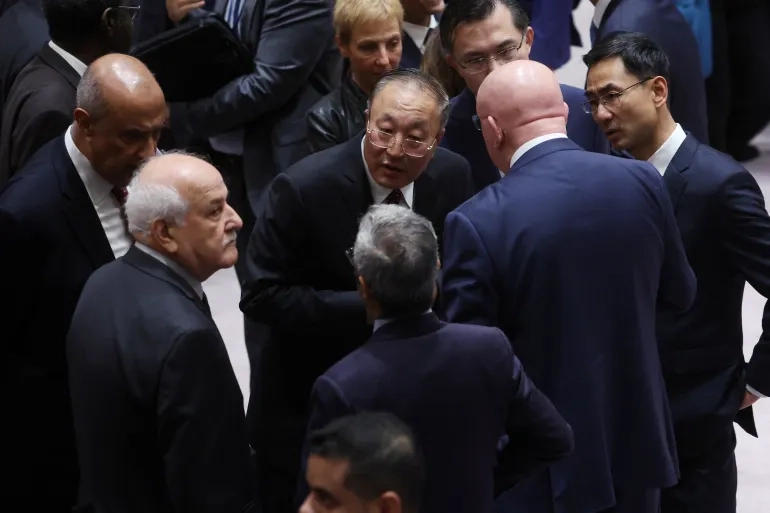As the Israel-Gaza conflict intensifies, China has shown a cautious but strategic stance in its Middle East policy. In July, a spokesperson for China’s embassy expressed optimism about Beijing’s potential role in fostering peace talks between Israel and Palestine. This came amidst the growing diplomatic thaw between Iran and Saudi Arabia, a trend China has encouraged, hoping to catalyze a “wave of reconciliation” across the region.
Earlier, in June, Chinese President Xi Jinping hosted Palestinian Authority President Mahmoud Abbas and extended an invitation to Israeli Prime Minister Benjamin Netanyahu. These diplomatic efforts underscore China’s growing interest in Middle East stability and its influence over peace initiatives.
However, Beijing’s approach took a nuanced turn after Hamas’s October 7 assault on Israel, which led to a deadly escalation. China’s initial response was measured, calling for restraint and urging the protection of civilians without condemning Hamas directly. Analysts point out that this cautious approach reflects Beijing’s historical support for Palestinian rights and a non-interventionist posture on global conflicts.
China’s stance aligns with its broader Middle Eastern strategy, prioritizing economic ties with Gulf states like Saudi Arabia while balancing its longstanding support for the Palestinian cause. Trade and investment in Saudi Arabia have surged, with China becoming the largest buyer of Saudi oil, further cementing its economic influence in the region. In contrast, its investments in Palestinian territories remain modest, highlighting its economic pragmatism alongside diplomatic involvement.
Amid escalating violence, China’s diplomatic engagement remains limited to calls for a ceasefire and condemnation of civilian casualties. Although China has not assumed a central mediation role, its vocal criticism of U.S. support for Israel highlights a deepening divide. Beijing’s alignment with Russia and opposition to U.S. vetoes at the UN underscore its pursuit of a multipolar influence in the Middle East.
As Security Council president in November, China has made the Israel-Gaza crisis a top priority, with plans for further deliberations.


























